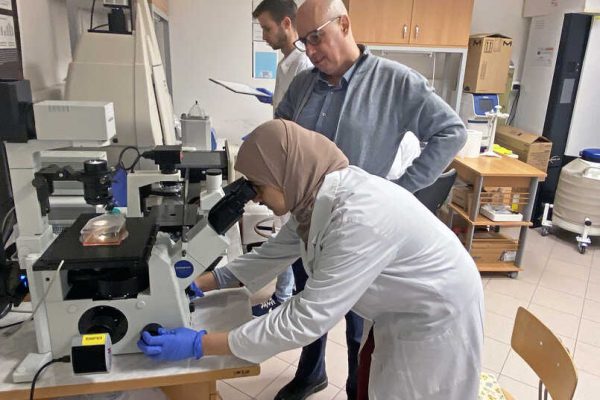Researchers at Hungary’s Semmelweis University and the University of Debrecen have developed a method that predicts the development of late-onset gestational diabetes mellitus (GDM) earlier than ever. This is the first screening test in the world to be used for the early recognition of GDM. Screening for GDM is usually recommended at 24 weeks of pregnancy or later. However, with early screening, opportunities for timely intervention, prevention, and pregnancy outcomes improve.
With a prevalence rate of 10-17%, GDM is one of the most common conditions that affects pregnant women worldwide. So far, attempts to develop a reliable screening method to predict it early in the pregnancy have failed. Professionals say that part of the reason for lack of reliable screening is that high-risk identifiers are either difficult to gauge or have a low prediction accuracy. To develop the new screening method, researchers at the universities examined the biological samples and follow-up data of 2,545 pregnant women. They analyzed several parameters including oxidative–nitrative stress-related parameters, steroid hormones, and metabolite levels. They selected the five most suitable markers for indicating minor alterations at the early phase of pregnancy.
Using these new predictors and the well-established risk factors such as age, weight, etc., the researchers created a method that predicts the development of later-onset GDM (24th-28th weeks of pregnancy) with nearly 100% accuracy during the first trimester.
Source: Budapest Business Journal












